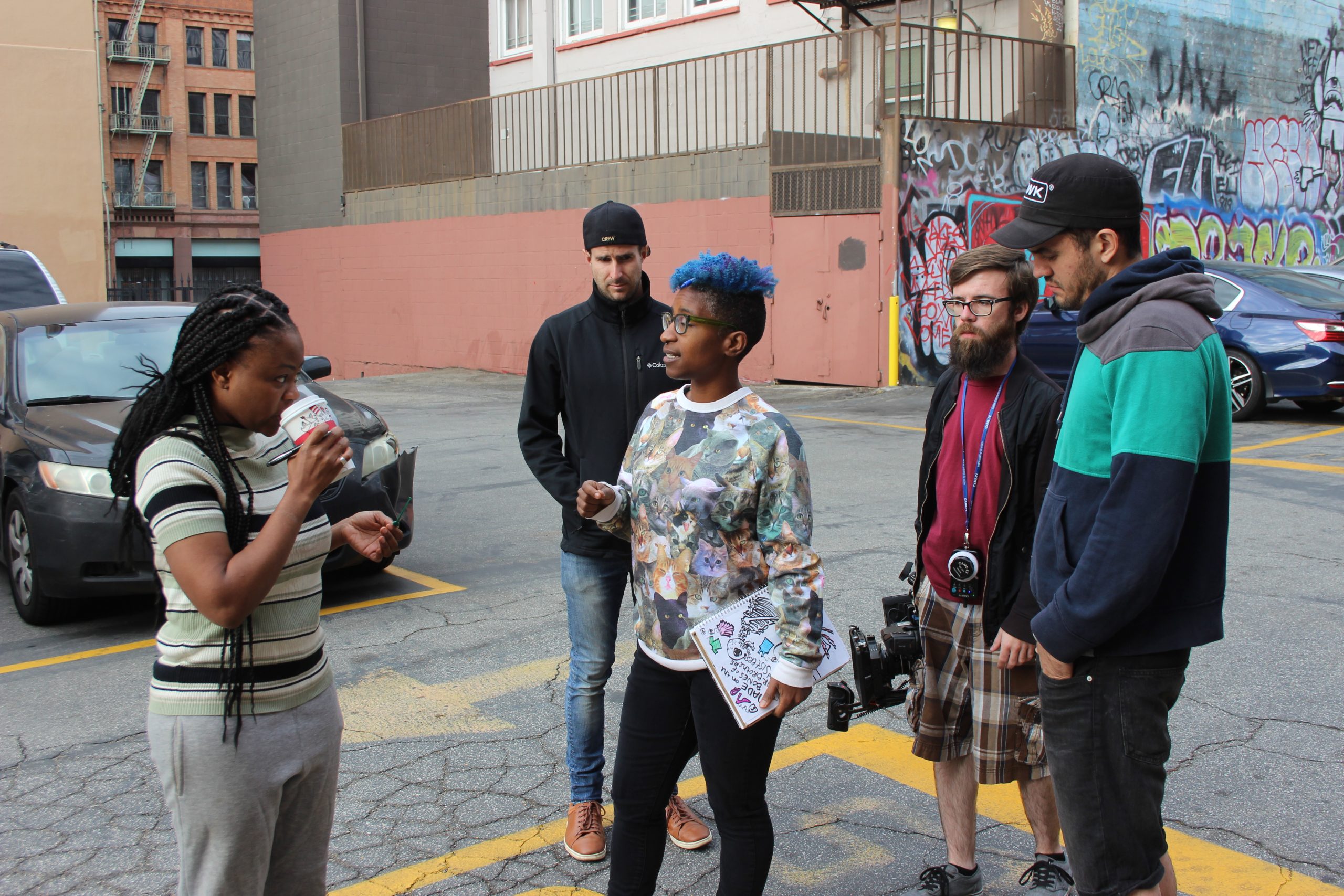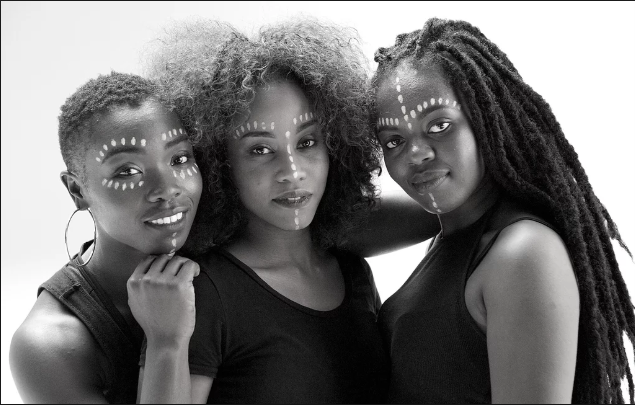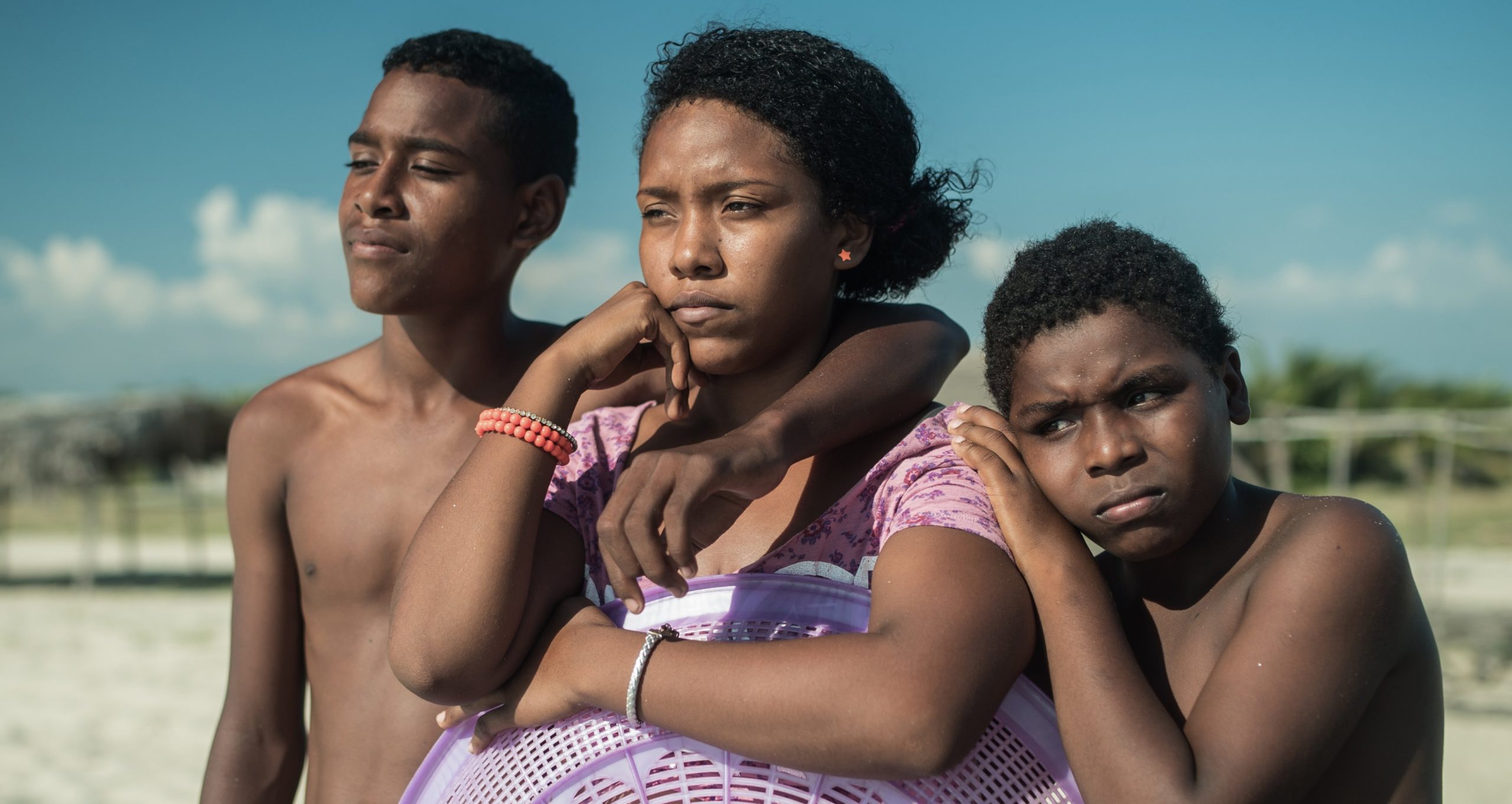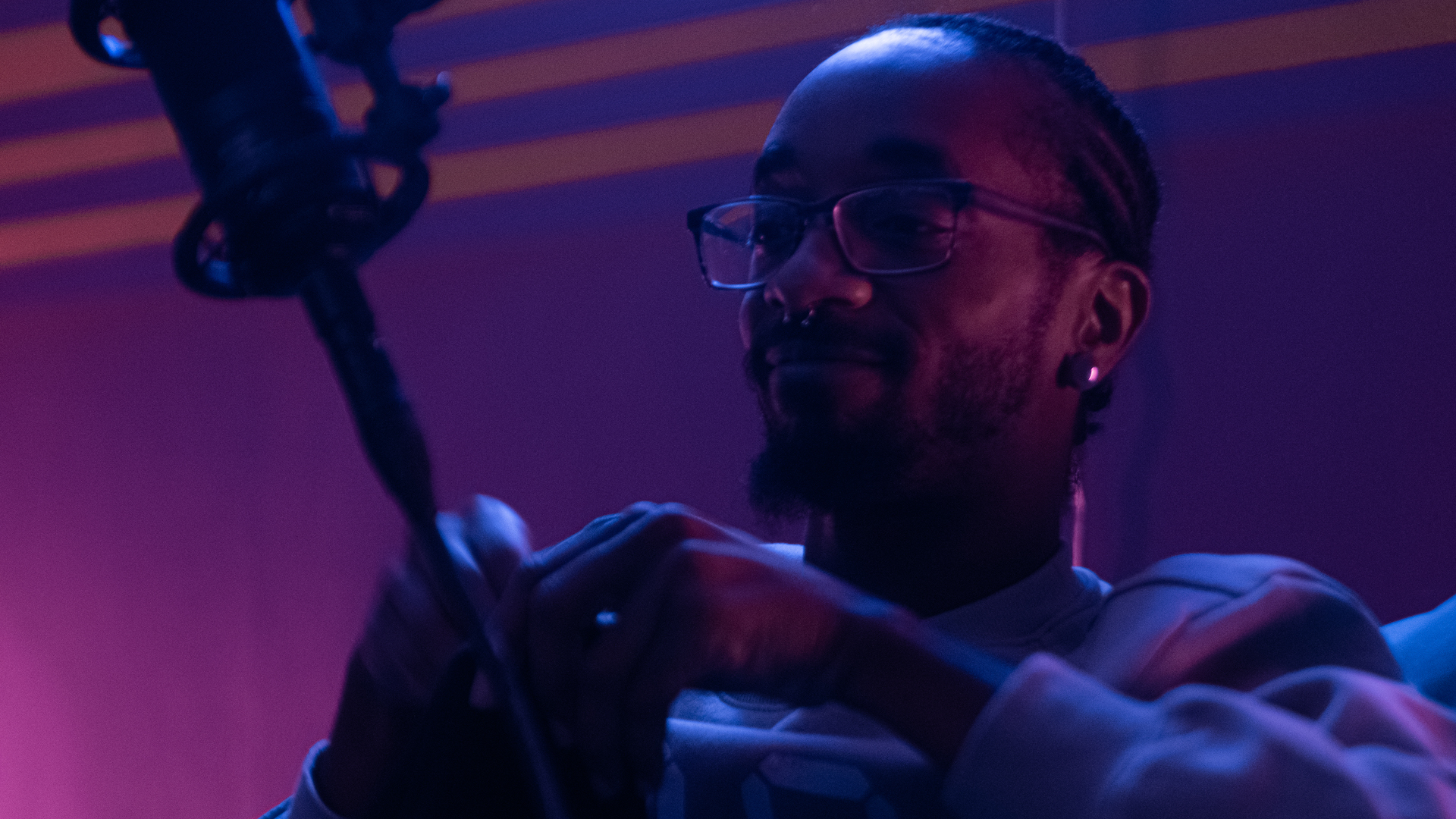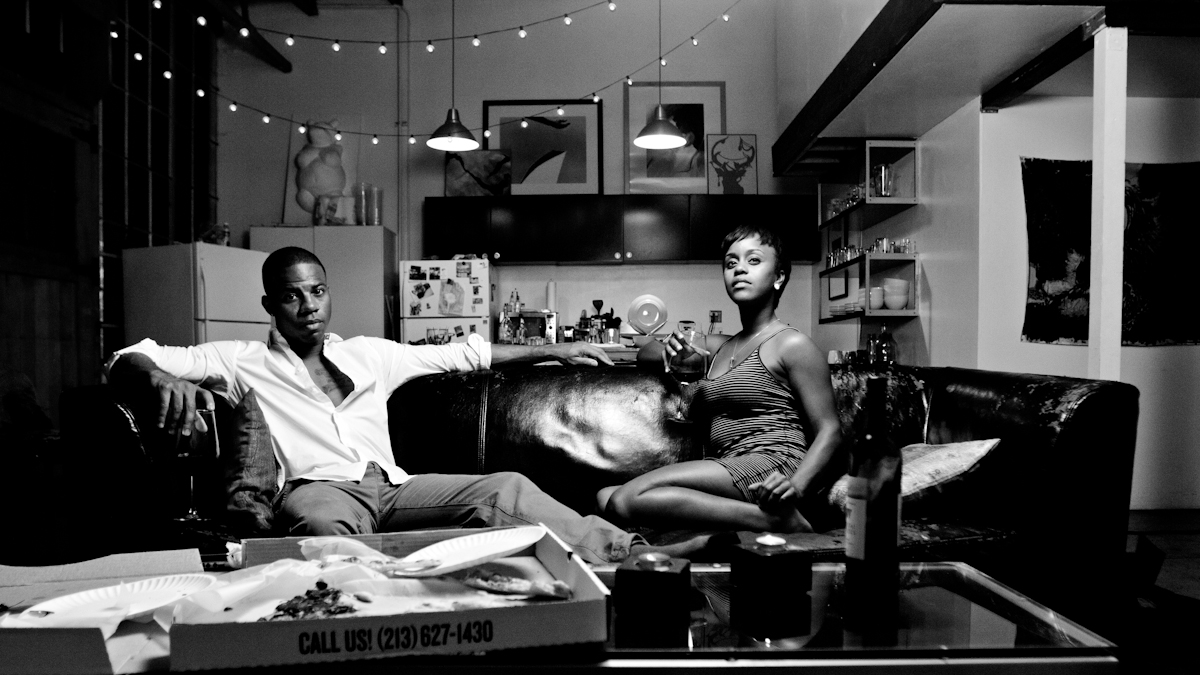The transition from Black History Month to Women’s History month may signal a time to uplift another marginalized group in the minds of some, but for one group the celebration of culture gets to span both months. For Black women, celebrating the contributions made and the experiences that stretch across countries and generations provides a wide array of stories that all deserve to be told and heard. Here at kweliTV, Black HERstory is always alive and well.
Black HERstory is filled with hidden figures. Whether it was because of racism or sexism, their contributions were sometimes downplayed or erased. But the impact they made on individuals and their communities at large transcend even the most intense revisionists.
For director Robin Hamilton, she knew she needed to tell Fannie Lou Hamer’s story the moment she read about it in college. While working as a reporter, she decided to attend the 2004 Democratic National Convention. She was able to meet people whose lives had been touched by Hamer’s kindness and tenacity, “as what I read in that book was coming to life, years later,” Hamilton said. She carried this experience with her until 2015 when she created her documentary “This Little Light of Mine: The Legacy of Fannie Lou Hamer.”
Hamilton was able to see the woman behind the myth, granting Hamer humanity that she gave to those that crossed her path.
“You have this woman who was a national figure in terms of the message that she was able to make and impact in the political sphere at that time. And yet I met students, even people who had lived with her when they had gone down to work for the Student Nonviolent Coordinating Committee in the 60s, and they said that she was warm and inviting. They remember her making collard greens and really good cornbread and that she was just inviting,” she said.
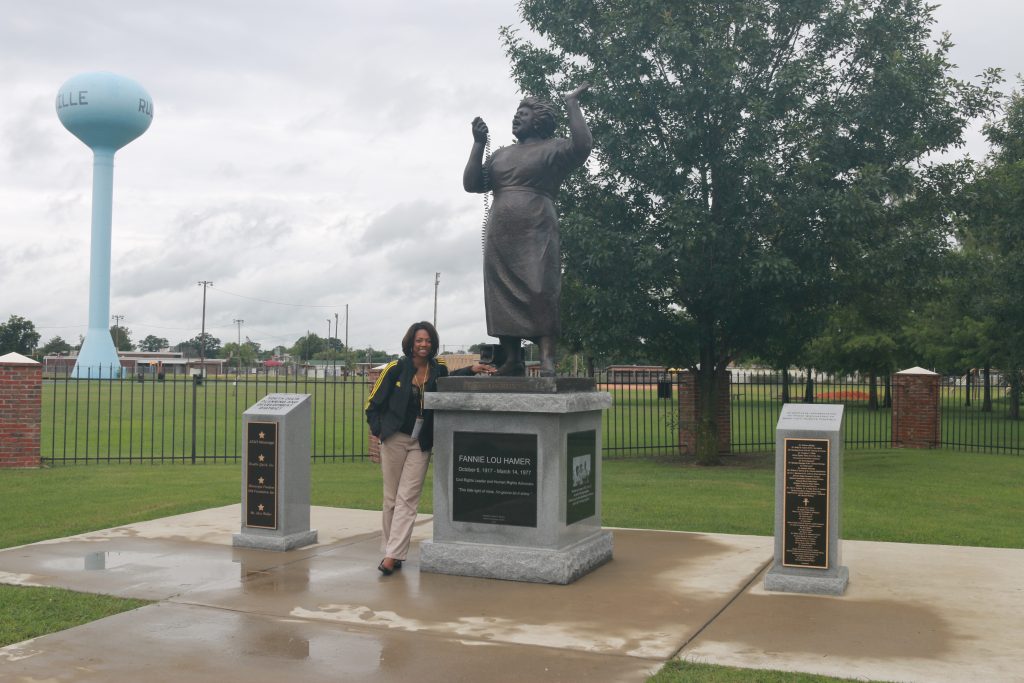
Hamer nodountly faced pushback for both her race and her gender, but she never the less kept fighting for what she believed in. Hamilton wanted to highlight this so that the mothers of the Civil Rights Movement would also get their due.
“I also think it speaks to the significance and importance of celebrating Black women in the civil rights movement, because there was a tremendous amount of sexism. They didn’t get the attention that they deserve. And she clearly just deserves so much more recognition than she received,” she said.
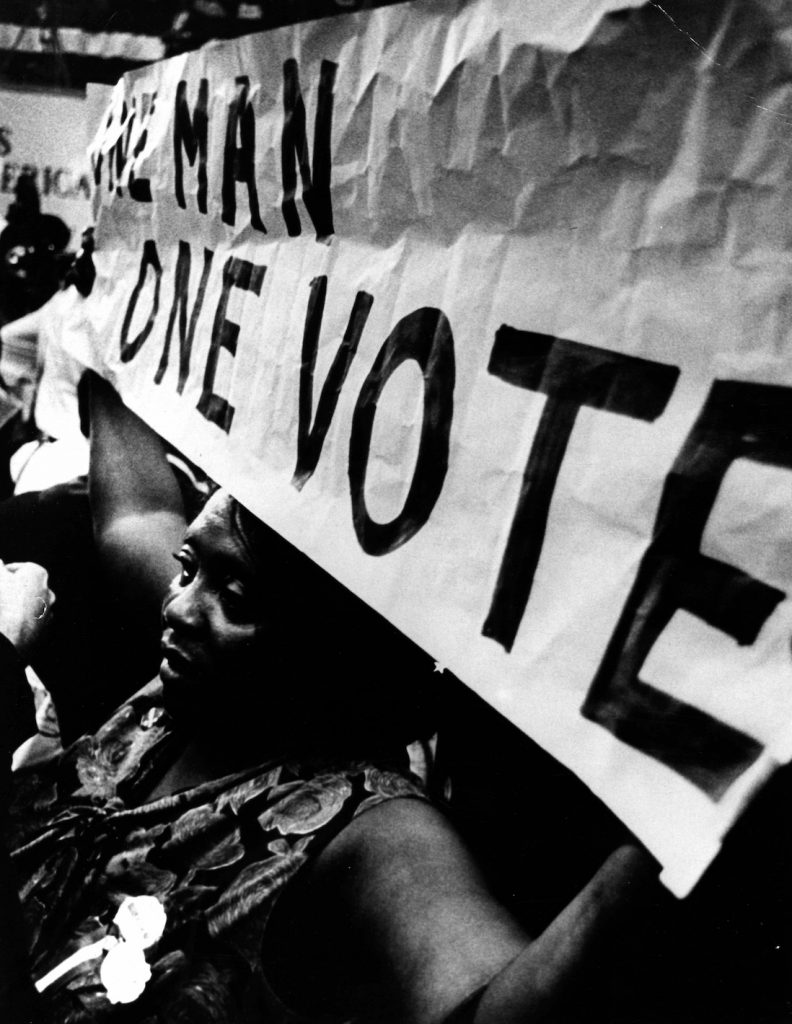
Just as important as telling the stories of Black women of the past is telling the stories of Black women of today. For director Tchaiko Omawale, she wanted to give the world a film she wished she was able to see.
Her film “Solace” follows the journey of a young girl naivaging self harm, grief, and displacement after her father dies and she is sent to live with her grandmother, where she makes an unlikely friendship with her next door neighbor.
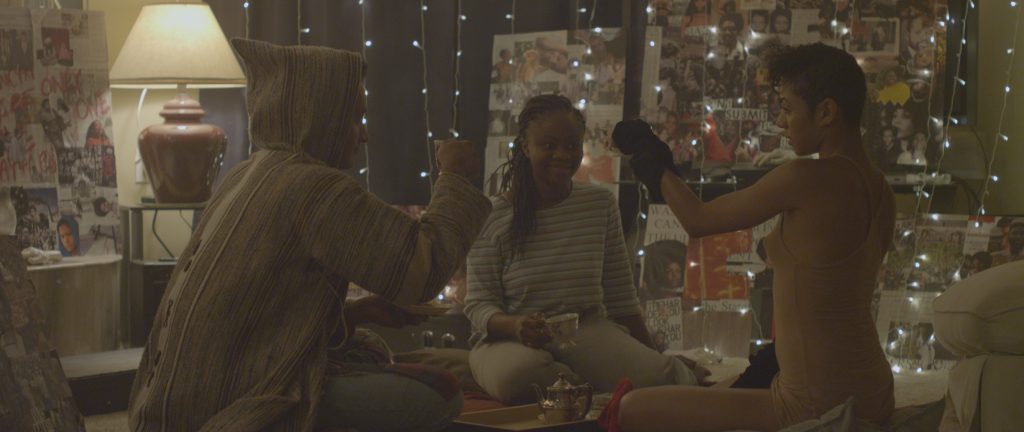
For Omawale, “Solace” was autobiographical in many places. She wanted to address issues she herself had dealt with and overcome so that others would know they were seen.
“Now there’s so many more like coming of age films and black girl films, and on social media Black people are talking more about eating disorders and anxiety,” she said, “but in 2015 when I shot it, and like leading up to 2015, raising money there really wasn’t that much discourse around it.”
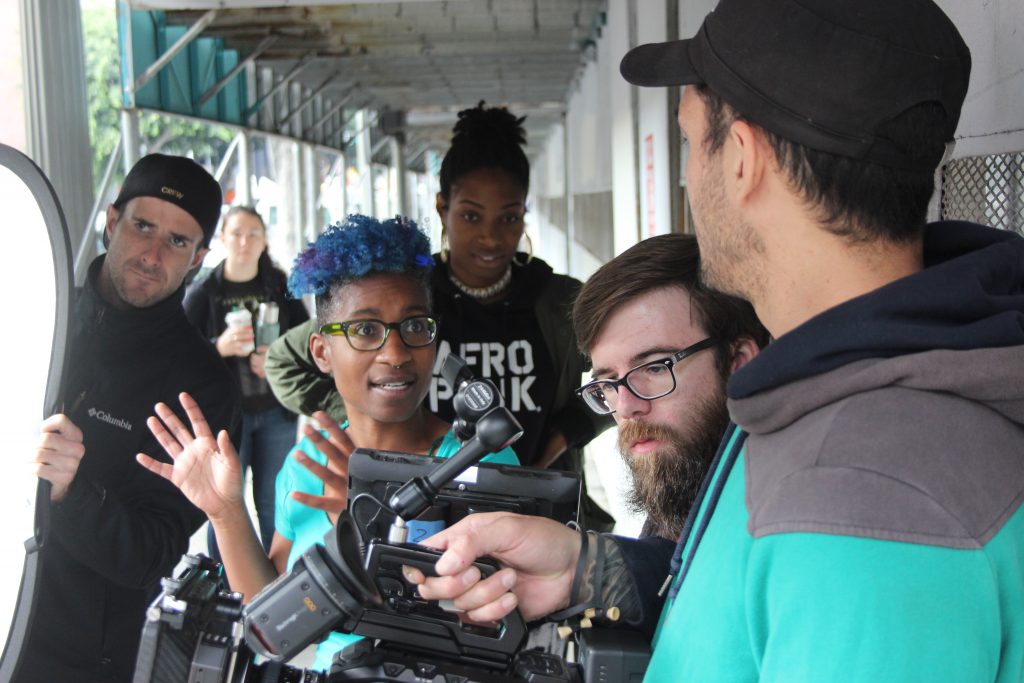
“Solace” shows the importance of portraying issues with a diverse set of eyes. While both directors told different stories, for both it came from a place of wanting to contribute to the growing repertoire of Black women stories.
“I do feel like it’s my responsibility. It’s a passion of mine,” Hamilton said. “If you’re not going to let me sit at the table, I’ll make my own table.”
Representation is needed both in front of and behind the camera in order for this HERstory to be done properly. Omawale expressed a desire “to be at the place where, if I wanted to, that I could exclusively hire all black women to make something.”
Even with all of the trials and tribulations Black women face in the industry, they are still able to tell beautiful and compelling stories that are their own.
“I would love and encourage people to learn about the Black woman directors now, and Black women directors who we’ve come from, especially diasporic,” Omawale said.
There is no shortage of stories that center Black women and their experiences on kweliTV. From history to modern times, there are stories new and old that diversify what it means to see a Black woman on screen. So this Women’s History Month, celebrate all of the Black women who have made their own HERstory on kweliTV.
Looking to delve deeper? Try these titles:
